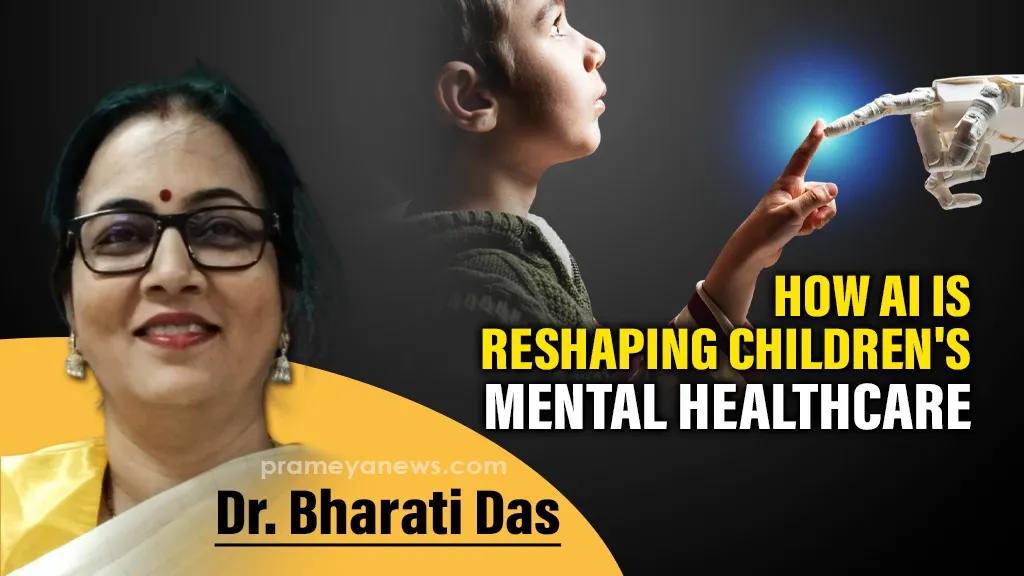

In a comprehensive analysis, Dr. Bharati Das explores the transformative potential of artificial intelligence (AI) in addressing the global youth mental health crisis. Her research highlights how, in nations like India facing a significant shortage of specialized professionals, AI is emerging as a critical tool. By leveraging sophisticated algorithms and machine learning, new technologies are beginning to augment the capacity of human caregivers, making mental health support more accessible, affordable, and proactive. Dr. Das's work details these new pathways for early detection and support, offering a beacon of hope for bridging the gap in children's mental healthcare.
Dr. Das's research emphasizes that one of the most significant contributions of AI in this field is its ability to identify early warning signs of mental distress that might otherwise go unnoticed. Her paper explains how machine learning models can analyze vast and diverse datasets—from electronic health records to patterns in speech and writing. Using computer vision, AI can assess non-verbal cues like facial expressions and body language for indicators of emotional distress. This data-driven approach, she notes, allows for the potential early identification of conditions such as depression and anxiety with a precision that complements traditional assessments.
The paper further explains that beyond diagnostics, AI is making therapeutic support more readily available. Dr. Das points to AI-powered chatbots and virtual assistants, such as WYSA, which provide a safe and non-judgmental space for children to seek immediate help. These tools offer a crucial first line of support, especially for those hesitant to speak openly. This technology, her analysis suggests, not only helps in reducing stigma but also streamlines clinical operations by automating tasks like appointment scheduling, freeing up valuable time for mental health professionals to focus on direct patient care.
However, Dr. Das cautions that the integration of such powerful technology into a sensitive domain like children's mental health is not without its profound challenges. Her research underscores the critical issues of data privacy, security, and the significant risk of algorithmic bias. Another key consideration she raises is the inherent lack of empathy in AI, as technology cannot replicate the nuanced understanding of a human therapist. Therefore, while the potential is immense, Dr. Das concludes that the path forward requires robust research and the development of strong ethical guardrails to ensure these tools are used responsibly.